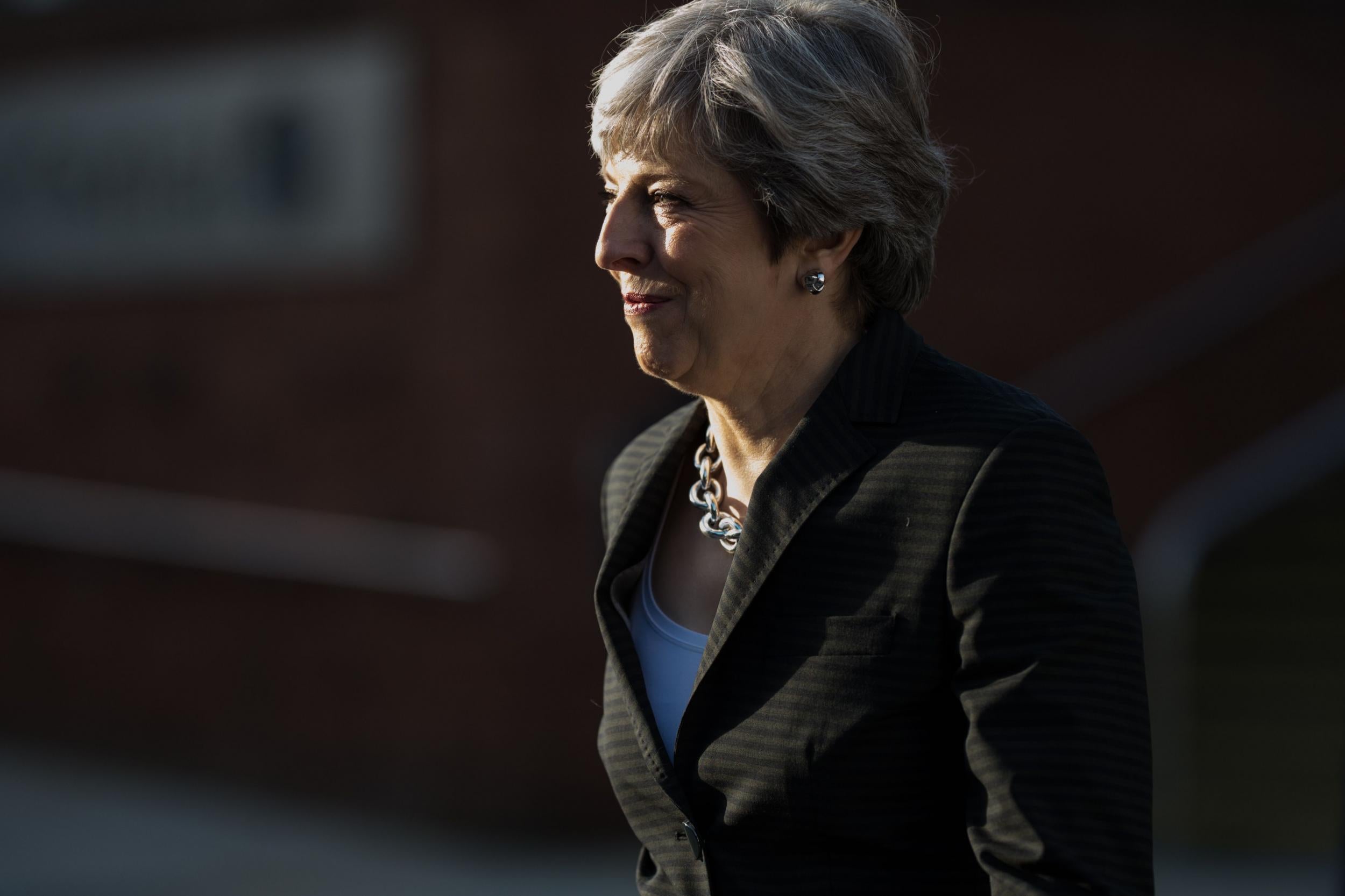Theresa May has been warned MPs will 'veto' a no-deal Brexit as she heads to emergency Brussels meeting
Ken Clarke vows 'Parliament can veto anything it wants' - increasing pressure on Prime Minister to do what is necessary to strike an agreement

Theresa May has been warned that parliament will “veto” a no-deal Brexit, as she makes an emergency trip to Brussels to try to break the deadlock in the talks.
Ken Clarke, the veteran pro-EU Conservative, increased the pressure to do what is necessary to strike an agreement, ahead of the Prime Minister’s surprise dinner with the EU’s top officials.
An amendment to the EU Withdrawal Bill, co-tabled by Mr Clarke, would put into law Ms May’s plan for a two-year transition period - preventing Brexit if that transition is not agreed.
Asked if MPs could stop a no-deal Brexit in that way, he vowed: “Parliament can veto anything it wants.”
Mr Clarke – who insisted he was not trying to reverse Brexit, if there was a workable plan – said “only a handful of hard right-wing Eurosceptics think no deal is desirable”.
In fact, it would have a “catastrophic effect” on the British economy, he said, describing it as “complete fantasy, la-la land, going down the hole with the white rabbit”.
Yesterday, John McDonnell, Labour’s Shadow Chancellor, said there were “enough sensible people in the House of Commons” to prevent the growing risk of a no deal exit.
Mr Clarke, speaking to BBC Radio 4’s Today programme, agreed, saying: “This is a parliamentary democracy – parliament can do practically whatever it likes.”
It had been expected that only Brexit Secretary David Davis would be in Brussels today – but, late last night, it was announced that the Prime Minister will join him.
The pair will dine with EU chief negotiator Michel Barnier and Commission president Jean-Claude Juncker, just three days before a crunch summit to test progress in the negotiations.
EU heads of state will make clear that “sufficient progress” has not been made on the divorce terms – in particular the financial settlement the UK must pay - thus delaying talks on future trade.
Downing Street denied any sense of panic, insisting the Brussels trip had “been in the diary for weeks”.
But it was not made public during last week's negotiations and did not appear in Mr Juncker’s published list of engagements.
Furthermore, The Independent has revealed an attempt by Germany and France to toughen the EU’s stance further, watering down an apparent concession in a draft statement.
That draft appeared to offer the Prime Minister a chink of light by suggesting the EU could start planning for trade negotiations, albeit without involving the UK yet.
But a fresh draft, put forward by the EU’s two most powerful states, omits the section proposing “additional guidelines”, to be enacted as early as December.
The move is fresh evidence that Angela Merkel, the German Chancellor, and French President Emmanuel Macron, are unwilling to go as far on future trade talks as EU officials.
Even if parliament did vote down a no deal exit, it would need the rest of the EU to agree to extend the two-year Article 50 process - ticking down to exit on March 30, 2019 - or for it to be revoked.
The Prime Minister has insisted that, at the end of the negotiations, MPs will have only two options - to support whatever deal is on offer, or to accept no deal.
Join our commenting forum
Join thought-provoking conversations, follow other Independent readers and see their replies
Comments
Bookmark popover
Removed from bookmarks